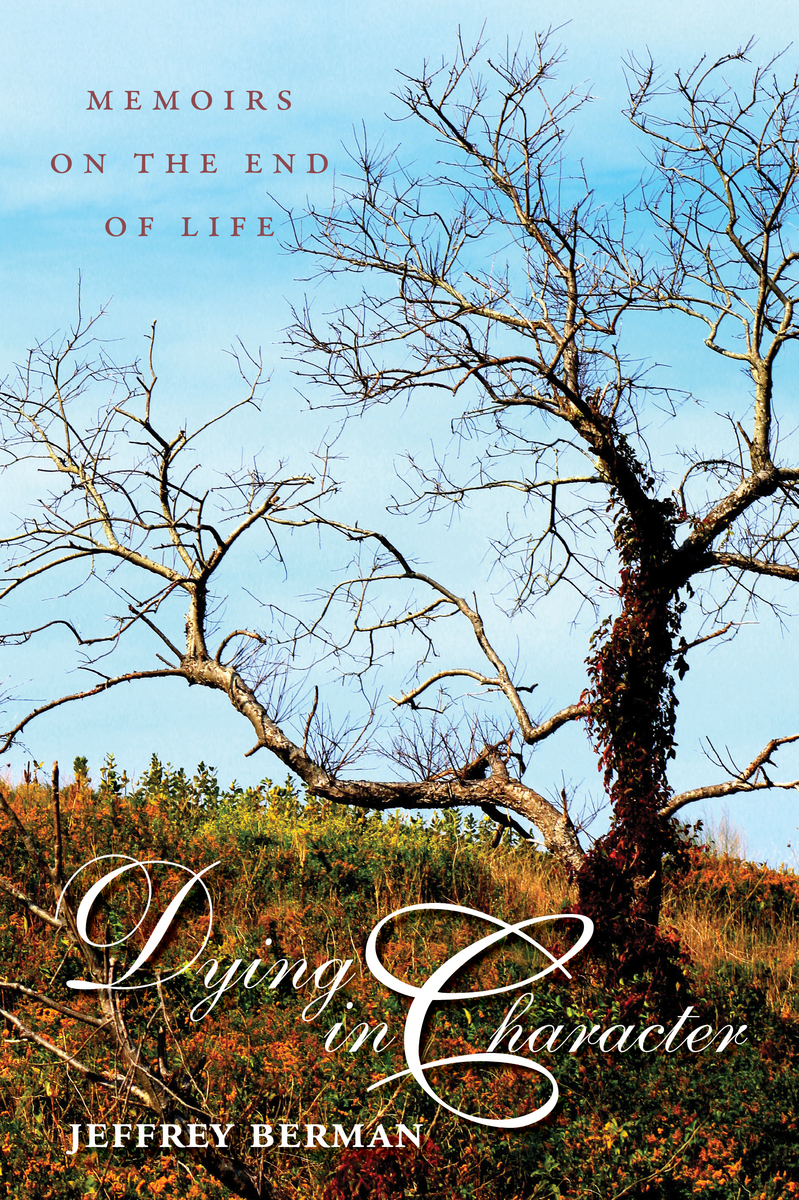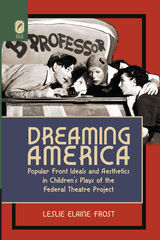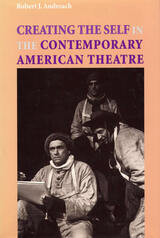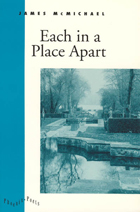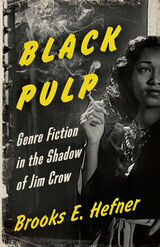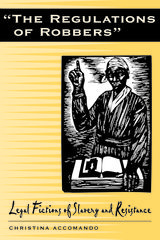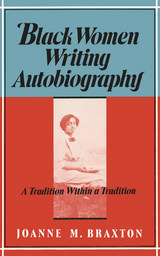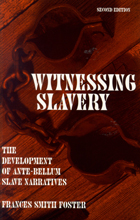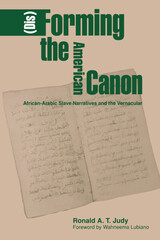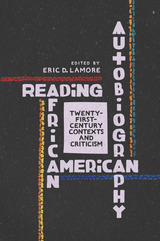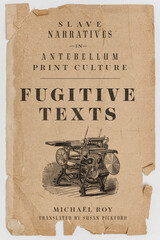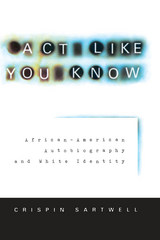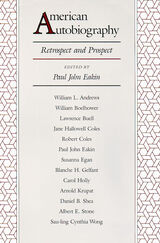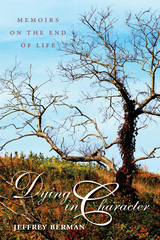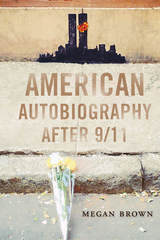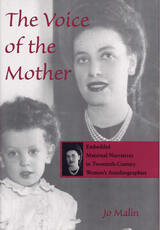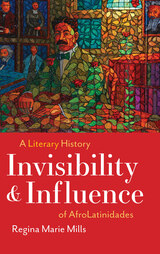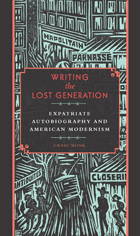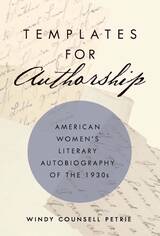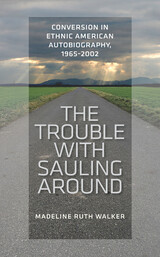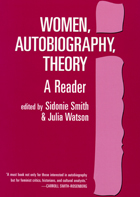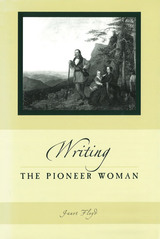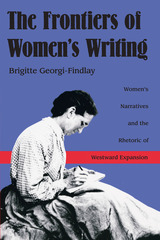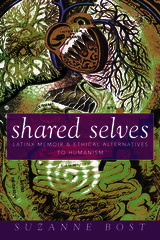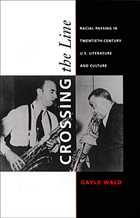Dying in Character: Memoirs on the End of Life
University of Massachusetts Press, 2012
Cloth: 978-1-55849-964-5 | eISBN: 978-1-61376-215-8 | Paper: 978-1-55849-965-2
Library of Congress Classification PS366.A88B45 2012
Dewey Decimal Classification 810.93548
Cloth: 978-1-55849-964-5 | eISBN: 978-1-61376-215-8 | Paper: 978-1-55849-965-2
Library of Congress Classification PS366.A88B45 2012
Dewey Decimal Classification 810.93548
ABOUT THIS BOOK | AUTHOR BIOGRAPHY | REVIEWS
ABOUT THIS BOOK
In the past twenty years, an increasing number of authors have written memoirs focusing on the last stage of their lives: Elizabeth Kübler-Ross, for example, in The Wheel of Life, Harold Brodkey in This Wild Darkness, Edward Said in Out of Place, and Tony Judt in The Memory Chalet. In these and other end-of-life memoirs, writers not only confront their own mortality but in most cases struggle to "die in character"—that is, to affirm the values, beliefs, and goals that have characterized their lives.
Examining the works cited above, as well as memoirs by Mitch Albom, Roland Barthes, Jean-Dominique Bauby, Art Buchwald, Randy Pausch, David Rieff, Philip Roth, and Morrie Schwartz, Jeffrey Berman's analysis of this growing genre yields some surprising insights. While the authors have much to say about the loneliness and pain of dying, many also convey joy, fulfillment, and gratitude. Harold Brodkey is willing to die as long as his writings survive. Art Buchwald and Randy Pausch both use the word fun to describe their dying experiences. Dying was not fun for Morrie Schwartz and Tony Judt, but they reveal courage, satisfaction, and fearlessness during the final stage of their lives, when they are nearly paralyzed by their illnesses.
It is hard to imagine that these writers could feel so upbeat in their situations, but their memoirs are authentically affirmative. They see death coming, yet they remain stalwart and focused on their writing. Berman concludes that the contemporary end-of-life memoir can thus be understood as a new form of death ritual, "a secular example of the long tradition of ars moriendi, the art of dying."
Examining the works cited above, as well as memoirs by Mitch Albom, Roland Barthes, Jean-Dominique Bauby, Art Buchwald, Randy Pausch, David Rieff, Philip Roth, and Morrie Schwartz, Jeffrey Berman's analysis of this growing genre yields some surprising insights. While the authors have much to say about the loneliness and pain of dying, many also convey joy, fulfillment, and gratitude. Harold Brodkey is willing to die as long as his writings survive. Art Buchwald and Randy Pausch both use the word fun to describe their dying experiences. Dying was not fun for Morrie Schwartz and Tony Judt, but they reveal courage, satisfaction, and fearlessness during the final stage of their lives, when they are nearly paralyzed by their illnesses.
It is hard to imagine that these writers could feel so upbeat in their situations, but their memoirs are authentically affirmative. They see death coming, yet they remain stalwart and focused on their writing. Berman concludes that the contemporary end-of-life memoir can thus be understood as a new form of death ritual, "a secular example of the long tradition of ars moriendi, the art of dying."
See other books on: American prose literature | Autobiography | Character | End | Self in literature
See other titles from University of Massachusetts Press
